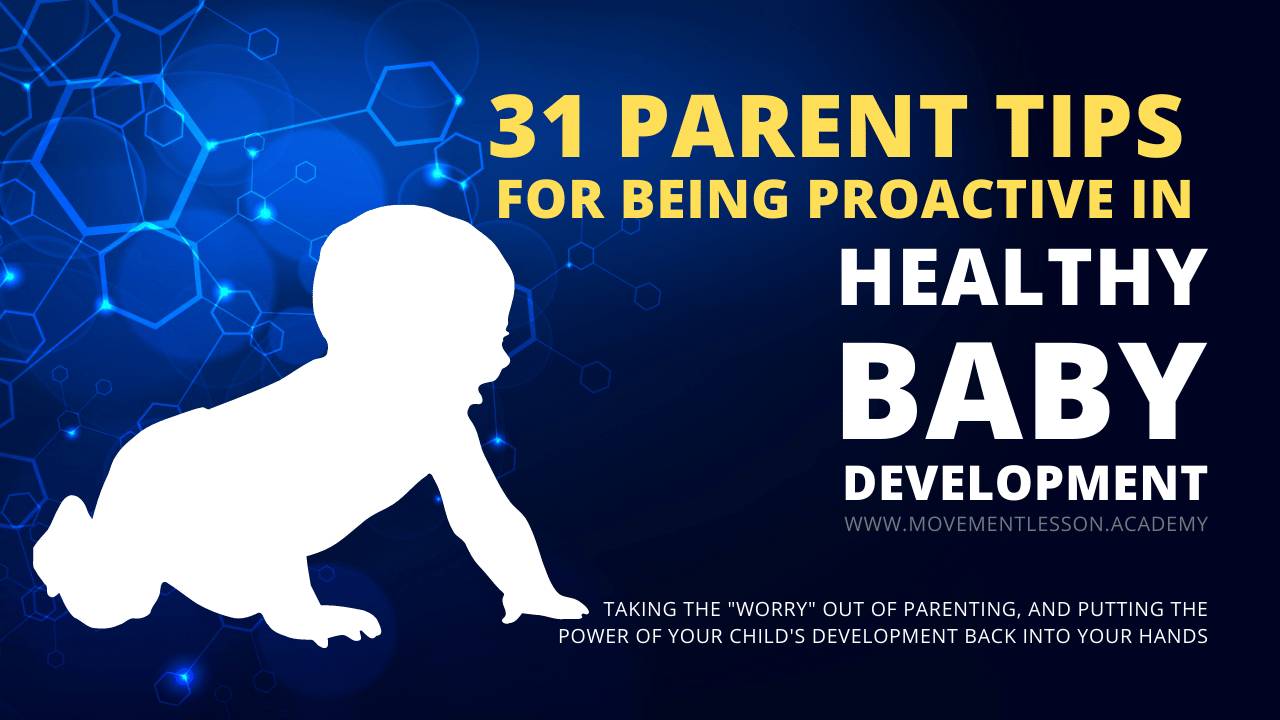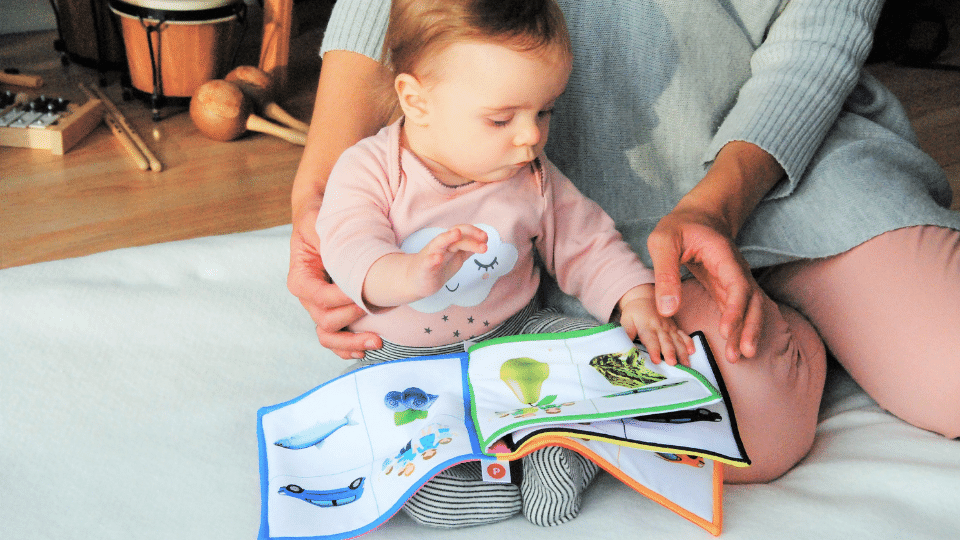17 Ways Special Needs Parents Can Prioritize Self-care

Remember that asking for help is not a sign of weakness but a strength in recognizing your limitations and the importance of your well-being. Different strategies will work for different individuals, so be open to exploring and finding the options that suit your unique circumstances.
Let's go over 17 ways you can ask for help when you have a child with extra needs so you can improve your personal well-being.
1. Reach out to Family and Friends: Contact close family members and friends to share your needs and ask for support. They may be willing to lend a hand with childcare, household chores, or even provide emotional support.
2. Join Support Groups: Connect with support groups or online communities specifically for parents of children with special needs. These groups provide a platform to share experiences, seek advice, and ask for help from those who understand your situation.
3. Seek Respite Care: Look into respite care services...
10 ways to simplify and delegate tasks when feeling overwhelmed

Life is overwhelming. You got this!
Here are 10 ways you can simplify and delegate tasks to make life more manageable.
1.Create a Daily Routine: Establish a structured daily routine that includes specific times for meals, nap/rest, playtime, and bedtime. A predictable schedule can help you and your children feel more organized and in control.
2. Prioritize Essential Tasks: Identify the most important tasks that need to be completed each day and focus on those. Let go of non-essential tasks or consider delegating them to others. (The Movement Lesson Time Management Journal available to those in the support program is a great resource to help with this. You can find it in the "ML Important Support Info" product - 14 day free access to our child support program then $30/month, CLICK HERE).
3. Delegate Household Chores: Assign age-appropriate tasks to children, such as tidying up their rooms, setting...
Patching and Vision

HOW TO HELP YOUR CHILD SEE BETTER
- Exam: Make sure you have a good visual examination using a retinoscopy. Your child's lazy could be due to an astigmatism, acuity (visual power), and/or their axis.
- Efficiency: Typically a parent is told patching involves covering the stronger eye with a patch for a certain amount of time each day, which forces the weaker eye to work harder and develop better vision. Movement Lesson™ patching is about using patching with efficiency. First, to see how each eye sees and where you can catch your child's vision.
- Ease: Purposeful patching should be done in short burst where your child is...
Atypical Development Baby and the Vestibular System
CLICK HERE to sign up and watch the full webinar (45 Minutes Total)
Atypical Development Baby Developing Into Cerebral Palsy
If you are a worried parent when it comes to your child's optimal development, then you probably should be.
For whatever reason, everyone is telling you that "your baby is fine, and you need more time to tell if there are potential problems, so don't worry and just enjoy your baby."
But you can't do this because you know something is off.
You want to be proactive in your child's optimal development, not reactive.
That being said, you don't know how to do that when every professional is telling you that "your baby is fine, and let's just wait and see."
Here are 6 action steps you can take today to put your child on the path of their optimal development no matter what their future holds.
Action Step #1:
Check your child for the quality of their rotational movements with our FREE course, the NEWBORN MOVEMENT ASSESSMENT (for ages 0 to 99 yrs old). The more rotational movements a child has, the less likely they are to have cerebral...
31 Parent Tips For Being Proactive in Optimal Baby Development

1.Provide a safe and stimulating environment for the baby to explore.

2. Encourage physical activity and play to promote gross motor development.

3. If your baby favors looking to one side talk to your pediatrician. It could be torticollis. Learn more in our free torticollis course. CLICK HERE
4. Read to the baby daily to promote language and cognitive development.

5. Interact hold and play with your baby, they learn development from your movements the more you interact with them.

6. If you feel like your baby is behind in their development, get the Movement Lesson Baby Milestone Momentum Chart. CLICK HERE.
Did you know this Firs Baby Milestone?
7 Causes of Back Arching in Infants and Babies

Back arching in babies is NOT a normal part of their development. It can be a serious early warning sign of atypical development that shows the child's inability of being able to control and coordinate their movements.
Disclaimer: This website is not intended to be a substitute for professional medical advice and should not be relied on as health or personal advice. Always seek the guidance of your doctor or other qualified health professional with any questions you may have regarding your health or a medical condition. Please see disclaimer for additional information about what we are not, click here.
7 Causes of Back Arching in Infants and Babies
1. Torticollis
Torticollis, also known as "wryneck," is a condition in which the neck is twisted and tilted to one side. This can be caused by a variety of factors, including muscle spasms, injuries, or congenital abnormalities.
There are two types...
10 Reasons to Start Early Movement Intervention with Your Child

You are worried about your child's development and everyone is telling you that your baby is okay, when you feel like they ARE NOT!
The reality is, you don't know whether or not you should be worried.
That being said, while a child normally won't qualify for early intervention services until they are over 50% delayed in their development, you don't have to wait for 50% developmental delay to help your child.
You can help your child today with Early Movement Intervention with Movement Lesson.

Here are 10 reasons to start Early Movement Intervention with your child:
- Early movement intervention can help identify developmental delays or disabilities on the first day you try it. Your child can be a day old, 24 months old or older. This gives you the power to give your child the developmental experiences needed and maximize your child's potential.
-
Early movement intervention gives you the skillset you need to teach your...
Head Lag Reflex - How Not to Put Your Child Into Sitting

Baby Sitting Myth:
Baby Sitting Movement:
Baby Sitting Developmental Warning Sign:
Baby Army Crawling Not Normal and Why Visual

